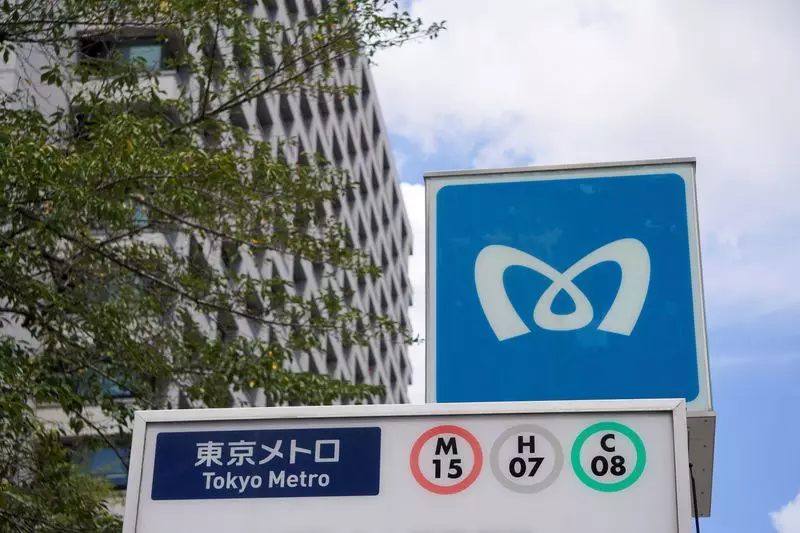The announcement of Tokyo Metro’s initial public offering (IPO) has set a significant milestone in Japan’s financial landscape. With a target raise of approximately 348.6 billion yen, or $2.3 billion, this IPO marks the largest in the nation over the past six years. Notably, the offering was priced at the upper end of its expected range, at 1,200 yen per share, showcasing strong investor confidence. This financial maneuver underscores Tokyo Metro’s status as a household name and highlights the attractive dividend yield it offers, which has drawn various investors, especially retail participants.
The enthusiasm surrounding this IPO is evident in subscription rates, with the offering reportedly oversubscribed by more than 15 times. Retail investors, who comprised a significant portion of the offering, contributed to an oversubscription of nearly ten times. This reflects a broader trend among investors looking for stable income through dividends, particularly in a post-pandemic economy seeking recovery avenues. For institutional investors, both domestic and foreign, the response was equally impressive, with oversubscription exceeding 20 and 30 times, respectively. This overwhelming demand indicates that Tokyo Metro’s reputation and the essential nature of its operations resonate well with various market players.
Tokyo Metro is poised to deliver a projected dividend yield of 3.3%, based on an anticipated dividend of 40 yen per share for the fiscal year ending March 2025. Analysts point out that this yield is competitive within the sector when compared to other private and Japan Railways regional operators. DZH Financial Research analyst Kazumi Tanaka emphasizes the combination of stability within the railway business and potential for growth driven by increased inbound tourism as appealing factors. As Japan works to revitalize its economy through an upswing in tourism, Tokyo Metro stands at the forefront as a transport linchpin.
The IPO marks a critical move for both the central and Tokyo governments, who collectively own 100% of Tokyo Metro but are divesting half of their shareholdings through this offering. The divestment not only symbolizes a shift toward privatization but also sets a precedent for further entry of state-owned enterprises into public markets, fostering transparency and potentially revitalizing investment interest in Japan. This move coincides with other market activities, such as Rigaku’s upcoming IPO and Bain Capital’s recent decision to reconsider Kioxia’s IPO, reflecting the dynamic and sometimes volatile nature of market valuations and corporate strategies in Japan.
As Tokyo Metro prepares for its listing on the Tokyo Stock Exchange on October 23, the stage is set for a transformative moment not only for the company but for Japan as a whole. The expected proceeds from this IPO could potentially facilitate further investments in infrastructure, service improvements, and expansion towards resilient operational models amid changing economic climates. Overall, the successful IPO of Tokyo Metro signals a renewed optimism within Japan’s capital markets, as stakeholders navigate the post-pandemic landscape.

